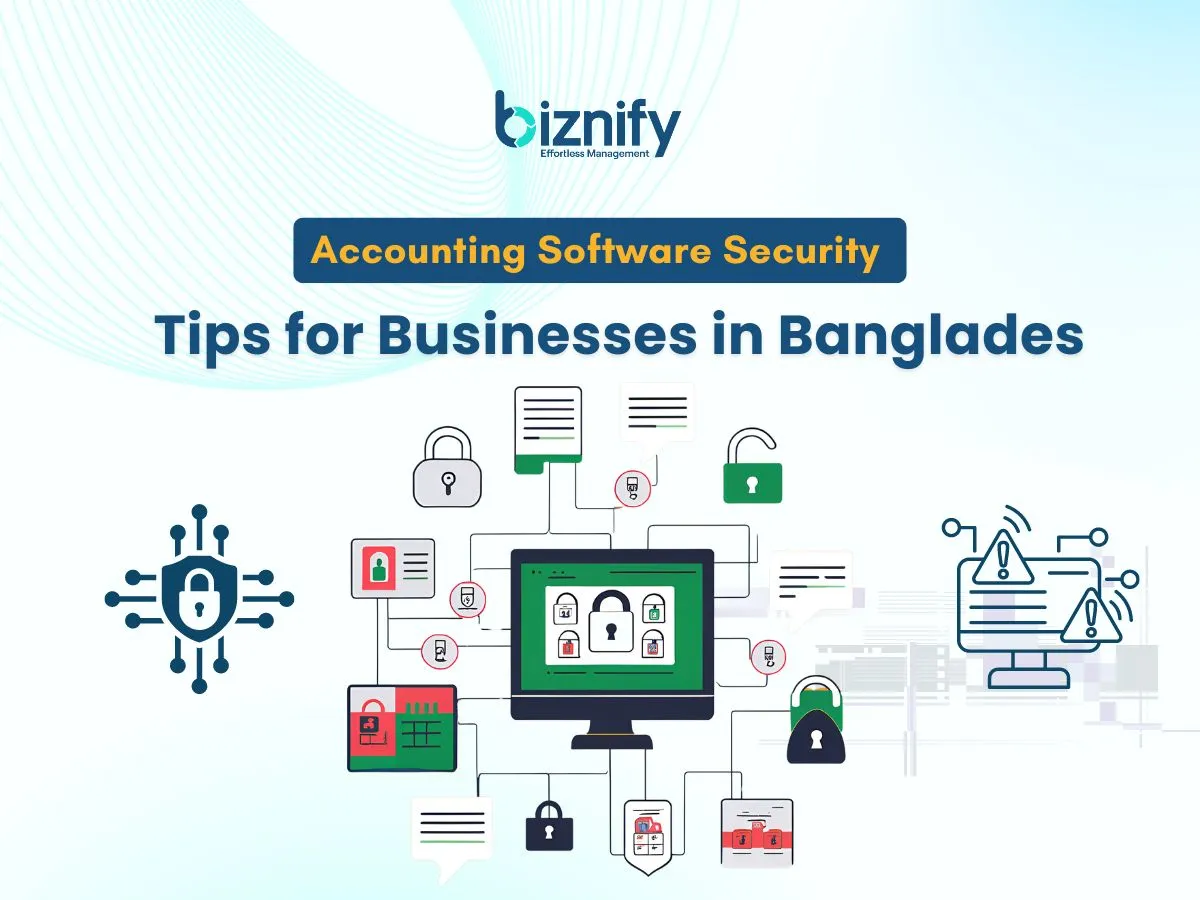
In today's fast-paced digital world, the security of your business's financial data is more critical than ever—especially for companies in Bangladesh.
With cyber threats becoming increasingly sophisticated, a single data breach can lead to catastrophic consequences, from financial loss to damaged reputation. This is where accounting software security becomes essential. By ensuring your accounting software is secure, you can protect your business data from unauthorized access and cyberattacks.
In this article, we'll delve into why accounting software security is crucial for Bangladeshi businesses, and explore effective strategies to safeguard your financial information. Stay tuned to discover how the right security measures can keep your business safe from potential threats.
Accounting software security refers to the measures and protocols put in place to protect your financial data within accounting tools.
This includes safeguarding sensitive information, such as financial transactions, customer details, and business records, from unauthorized access, cyber threats, and data breaches.
In an era where digital threats are constantly evolving, accounting software security is not just a luxury—it's a necessity.
Protecting your business data is crucial, especially when it comes to your financial information. Imagine the potential fallout if your financial data were to be compromised: unauthorized transactions, leaked customer information, or even complete data loss.
These scenarios can lead to severe financial damage and erode the trust that customers and stakeholders have in your business.
By prioritizing data protection in accounting tools, you're not only securing your financial data but also ensuring the long-term stability and success of your business. Proper accounting software security provides peace of mind, knowing that your sensitive information is safe from prying eyes and potential cyber threats.
Modern accounting software comes equipped with various security features designed to keep your data safe. These include encryption, two-factor authentication, and regular security. updates, all of which work together to protect your financial data. Implementing these security measures is essential for any business in Bangladesh looking to protect its assets and maintain customer trust.
Understanding and implementing accounting software security is vital for protecting your business’s most valuable data. By taking proactive steps to secure your accounting tools, you can prevent potential breaches and ensure that your financial information remains confidential and secure.
In today’s digital age, securing your accounting software is crucial to protecting your business’s financial data. However, several significant threats can compromise the integrity and safety of your financial information. Understanding these threats is the first step in implementing effective security measures.
When it comes to accounting software security, several critical threats can jeopardize your business’s financial data:
Data Breaches: Unauthorized access to sensitive financial information, often leading to data theft or exposure.
Cyber-Attacks: Includes threats like ransomware, phishing, and malware that can compromise your accounting software and disrupt operations.
Unauthorized Access: Instances where individuals gain access to your financial systems without permission, potentially altering or stealing data.
For businesses in Bangladesh, these security threats can have severe consequences:
Operational Disruption: Data breaches and cyber-attacks can halt business operations, affecting productivity and revenue.
Reputational Damage: A security incident can erode customer trust and damage your company’s reputation.
Financial Losses: Costs related to recovering from an attack, legal fees, and potential fines can be significant.
Regulatory Consequences: Unauthorized access and data breaches can result in legal repercussions and regulatory penalties.
To mitigate these risks, it’s essential to implement robust cybersecurity for accounting in Bangladesh:
Use Advanced Security Features: Ensure your accounting software includes encryption, multi-factor authentication, and regular updates.
Educate Your Team: Train employees on recognizing and preventing security threats.
Monitor Access: Regularly review and manage user permissions to prevent unauthorized access.
By being proactive about these common security threats, you can better protect your financial data and maintain the stability and success of your business.
Protecting your business’s financial data starts with securing your accounting software. With cyber threats on the rise, it’s essential to use the right strategies to keep your sensitive information safe. Here’s how you can ensure your accounting software is fortified against potential breaches and vulnerabilities.
One of the best ways to keep your financial information safe is by using data encryption. Think of encryption as a digital lock for your data. It scrambles your information into a code that’s unreadable without the right key. So even if someone tries to access your data without permission, they won’t be able to make sense of it.
Using strong encryption helps ensure that your financial details stay private and secure, no matter what.
Adding two-factor authentication (2FA) to your accounting software is another smart move. 2FA adds an extra layer of security by requiring two forms of identification.
For example, after you enter your password, you’ll need to provide a code sent to your phone. This means that even if someone manages to get hold of your password, they still can’t get into your account without that second code.
It’s a simple but powerful way to boost your security and protect against unauthorized access.
Keeping your accounting software up to date is crucial for staying secure. Software updates often include important fixes and security patches. These updates address vulnerabilities that could be exploited by cybercriminals.
By regularly updating your software, you ensure you’re protected against the latest threats and bugs. It’s like getting regular check-ups to keep your software running smoothly and securely.
By following these best practices—data encryption, two-factor authentication, and regular software updates—you can keep your accounting software secure and your financial data safe. These steps are essential for protecting your business from potential security risks.
Choosing the right accounting software is crucial for keeping your business’s financial data safe. When evaluating options, focus on key security features that will help protect your information from potential threats.
Encryption: Look for software that offers robust data protection in accounting tools. Encryption converts your sensitive data into a coded format, making it unreadable to unauthorized users. This ensures that even if hackers gain access to your data, they won’t be able to decipher it.
Access Controls: Effective access controls allow you to manage who can view or modify your financial information. Make sure the software has customizable user roles and permissions to restrict access based on need. This helps prevent unauthorized access and ensures that only the right people can interact with your data.
Audit Trails: An audit trail is a record of all transactions and changes made within the software. It provides transparency and helps track who made specific changes to your financial data. This feature is essential for detecting any unusual activity and maintaining the integrity of your financial records.
Before committing to any accounting software, ask vendors the following questions to ensure it meets your security needs:
What encryption standards does your software use to protect data?
Can I customize user roles and permissions to control access to sensitive information?
Does the software provide audit trails for tracking changes and transactions?
How often are security updates and patches applied to the software?
By addressing these questions, you can make an informed decision and select software that offers robust accounting software security. Prioritizing these features will help you maintain the safety and integrity of your financial data, ensuring that your business remains protected.
Securing your business’s financial data isn’t just about having the right software—it’s also about creating a culture of security. Here’s how you can implement effective cybersecurity measures to protect your business data, especially in Bangladesh.
One of the most critical steps in cybersecurity for accounting in Bangladesh is educating your team. Employees are often the first line of defense against cyber threats. Training your staff to recognize and respond to security threats—like phishing emails or suspicious activity—can significantly reduce the risk of a security breach.
Regular training sessions ensure that your team is up-to-date with the latest security practices and understands the importance of protecting sensitive financial information. By fostering a culture of security awareness, you empower your employees to act as vigilant defenders of your data.
Another essential practice is conducting regular audits and assessments of your security measures. Over time, new vulnerabilities and threats emerge, making it crucial to evaluate and update your cybersecurity protocols. Regular audits help identify any weaknesses in your current system and ensure that your defenses remain robust.
By regularly reviewing and updating your security measures, you can better protect your business data and adapt to evolving cyber threats. This proactive approach is key to maintaining strong data protection in accounting tools and ensuring the ongoing safety of your financial information.
Implementing these measures—employee training and regular security assessments—will help you safeguard your business data effectively and maintain a secure environment. These steps are vital for protecting your business in today’s digital landscape.
Protecting your accounting software is crucial for keeping your business’s financial data safe. In today’s world, where cyber threats are everywhere, it’s essential to take action.
Using strong security practices like data encryption, two-factor authentication, and regular software updates can make a huge difference. These steps help keep your sensitive financial information secure from breaches and unauthorized access.
Also, don’t overlook the importance of training your team and regularly checking your security measures. This proactive approach ensures you stay ahead of potential threats.
So, don’t wait until it’s too late. Take a moment to review and upgrade your accounting software security now. Make sure your data is protected and secure by reaching out to experts or assessing your current system.
Accounting software security protects your financial data from hackers. For businesses in Bangladesh, staying secure is crucial to avoid losing money or damaging your reputation.
Encryption scrambles your data so only authorized users can read it. Even if hackers get in, they can't understand the information, making it a must-have for protecting your finances.
Look for encryption, two-factor authentication, and audit trails. These tools help keep your business data secure and block unauthorized access.
Use two-factor authentication, control who can access what, and keep your software updated. This blocks anyone who shouldn’t be poking around your financials.
Trained employees can spot phishing scams and other threats before they cause damage. Investing in their knowledge means better protection for your business data.
.webp)
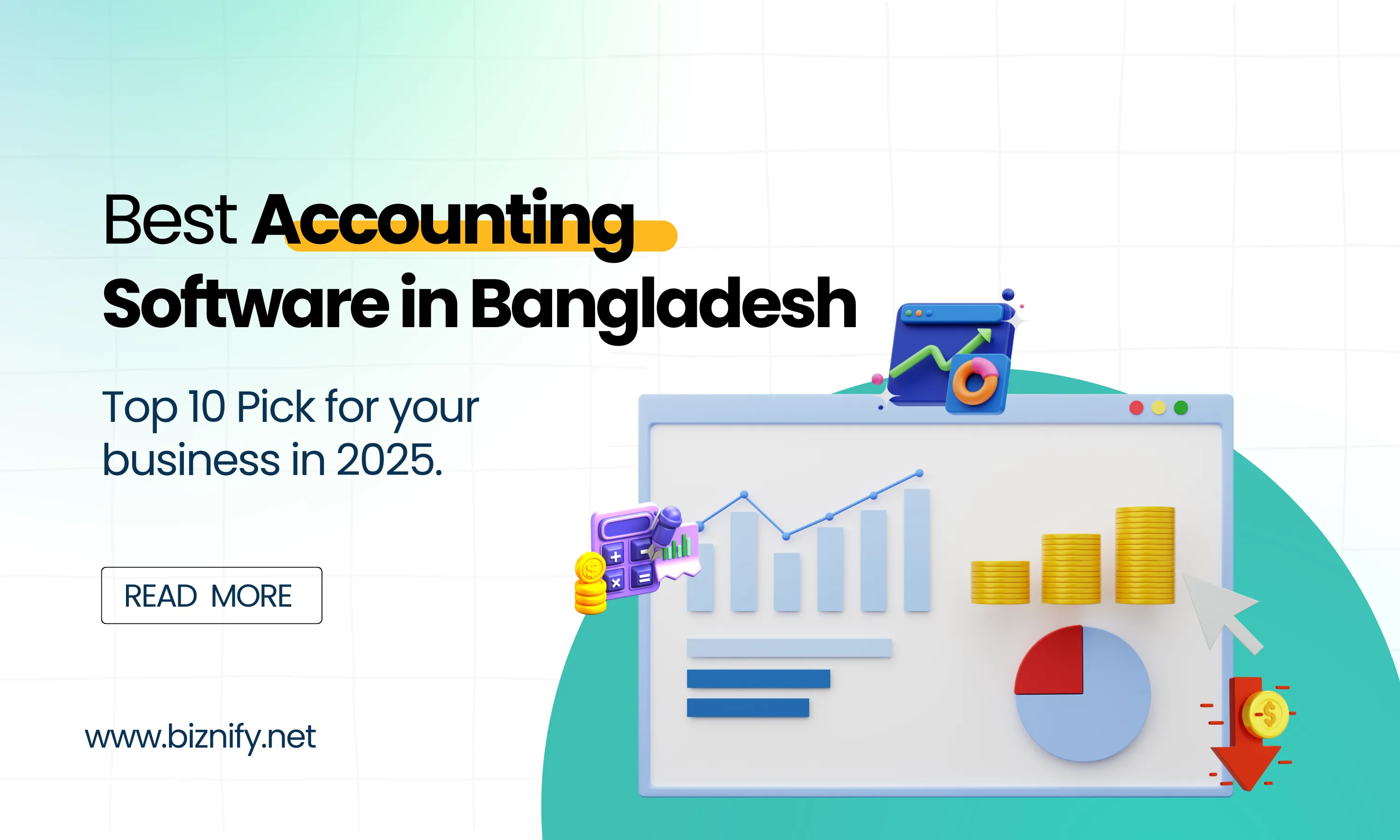
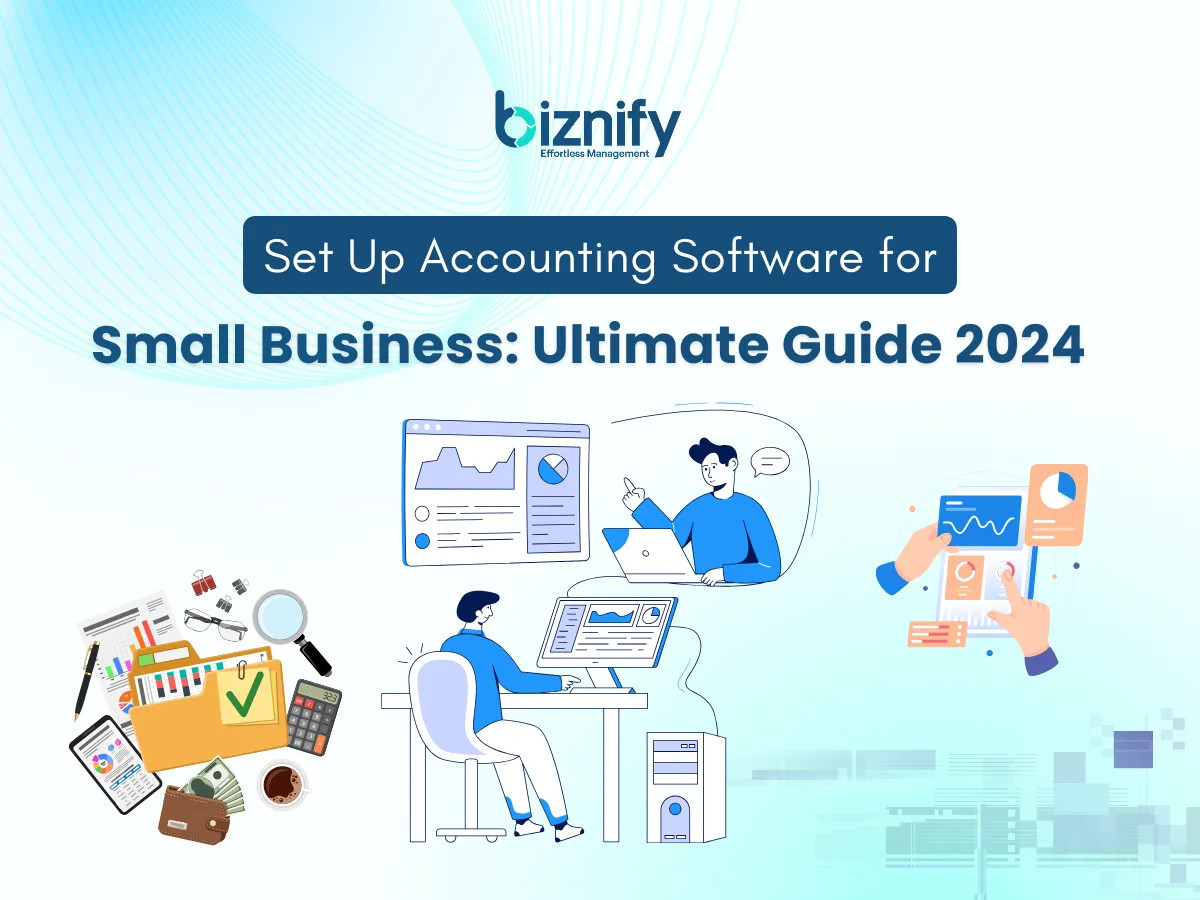
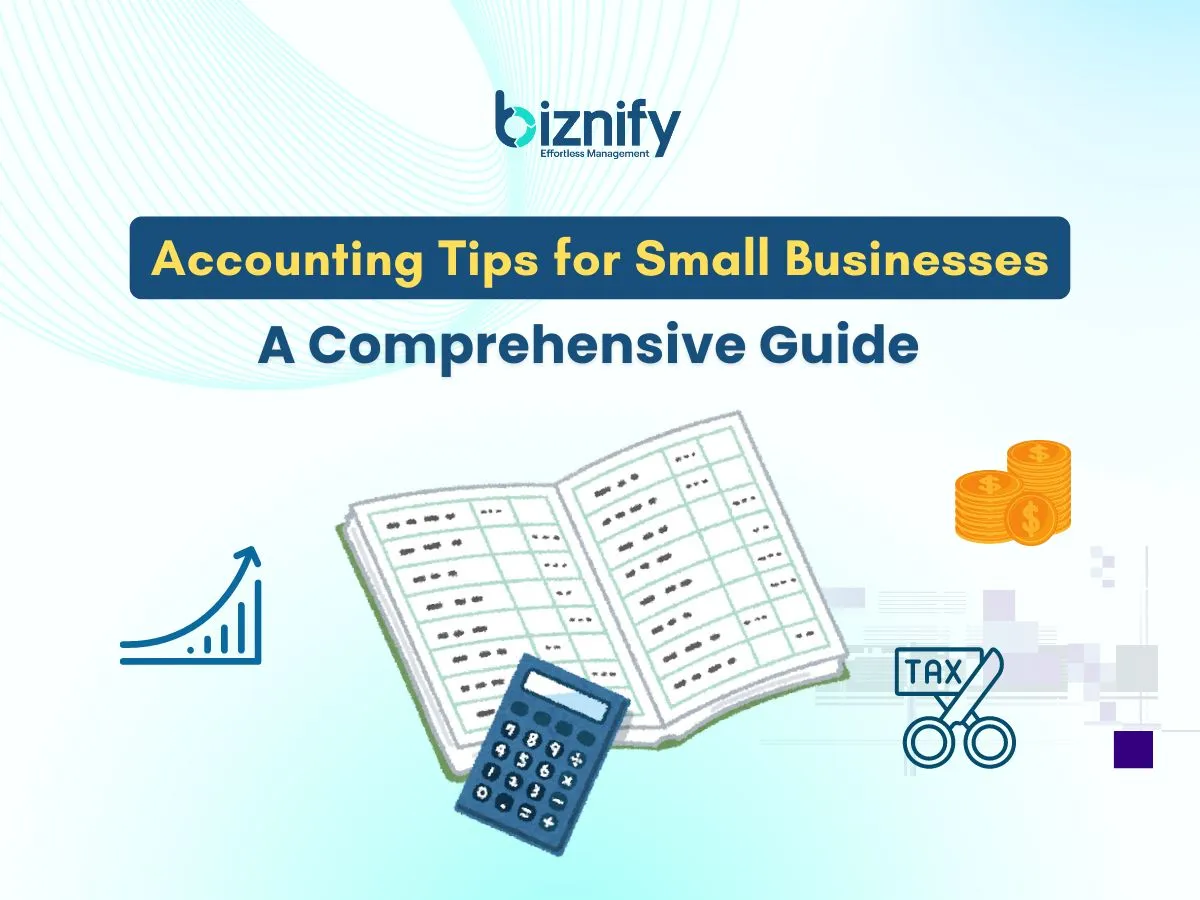
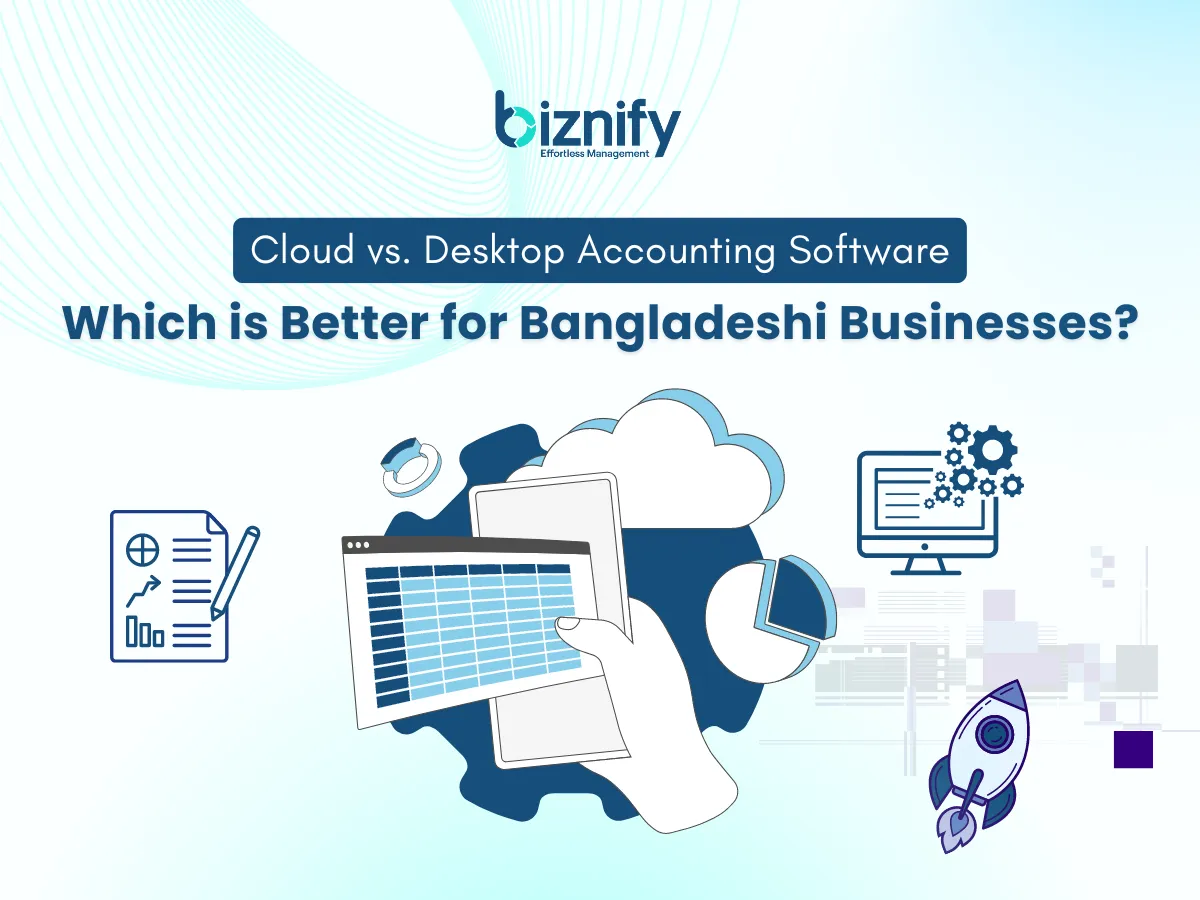
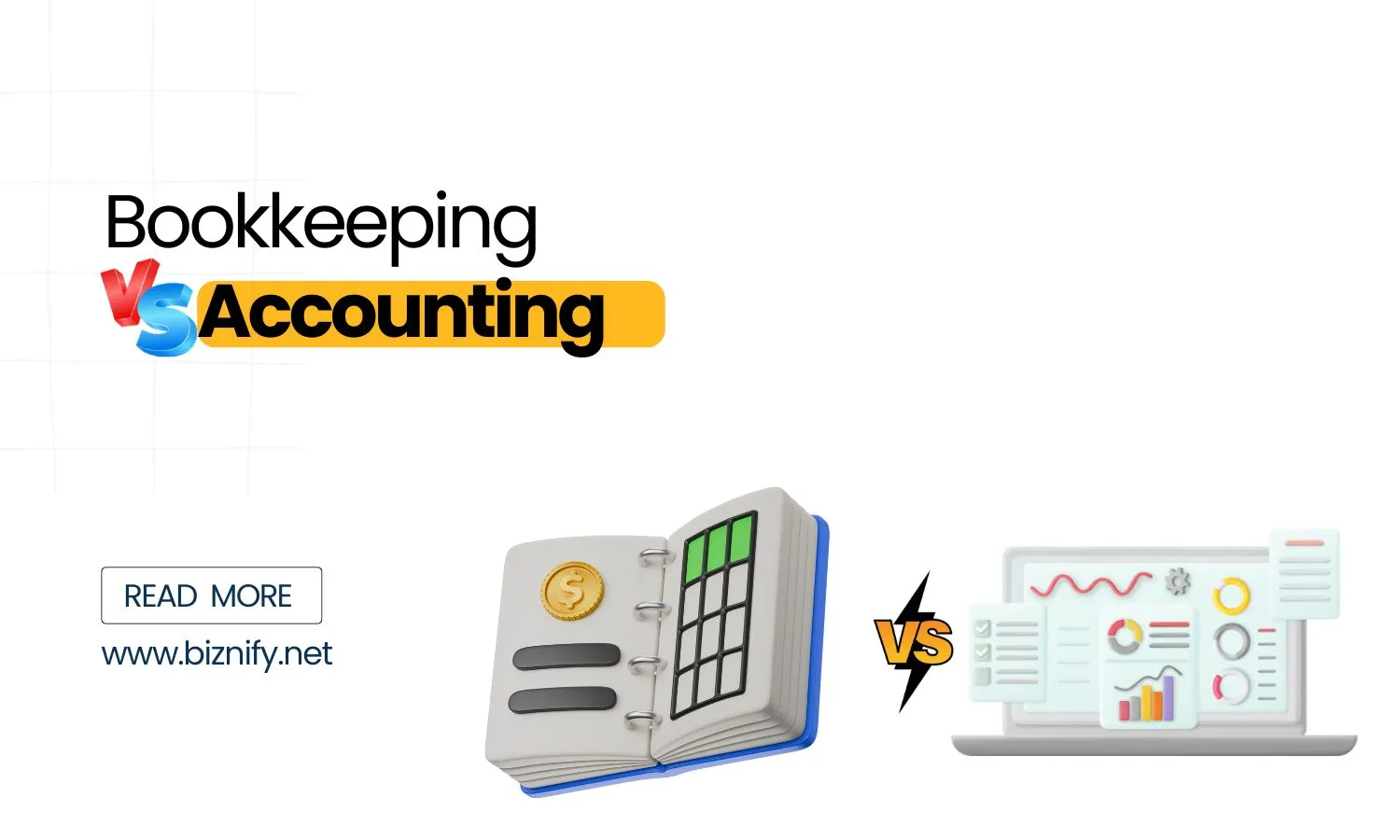
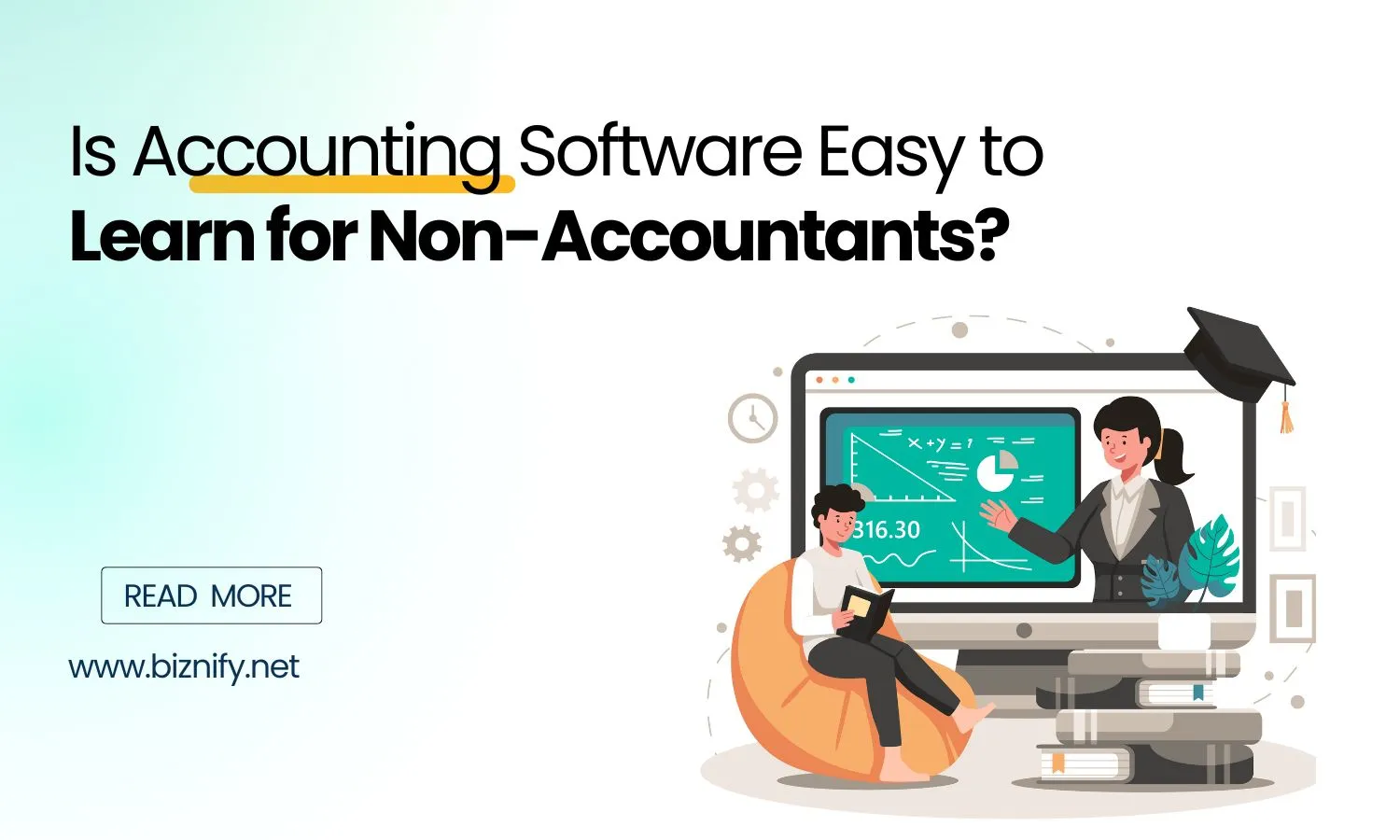
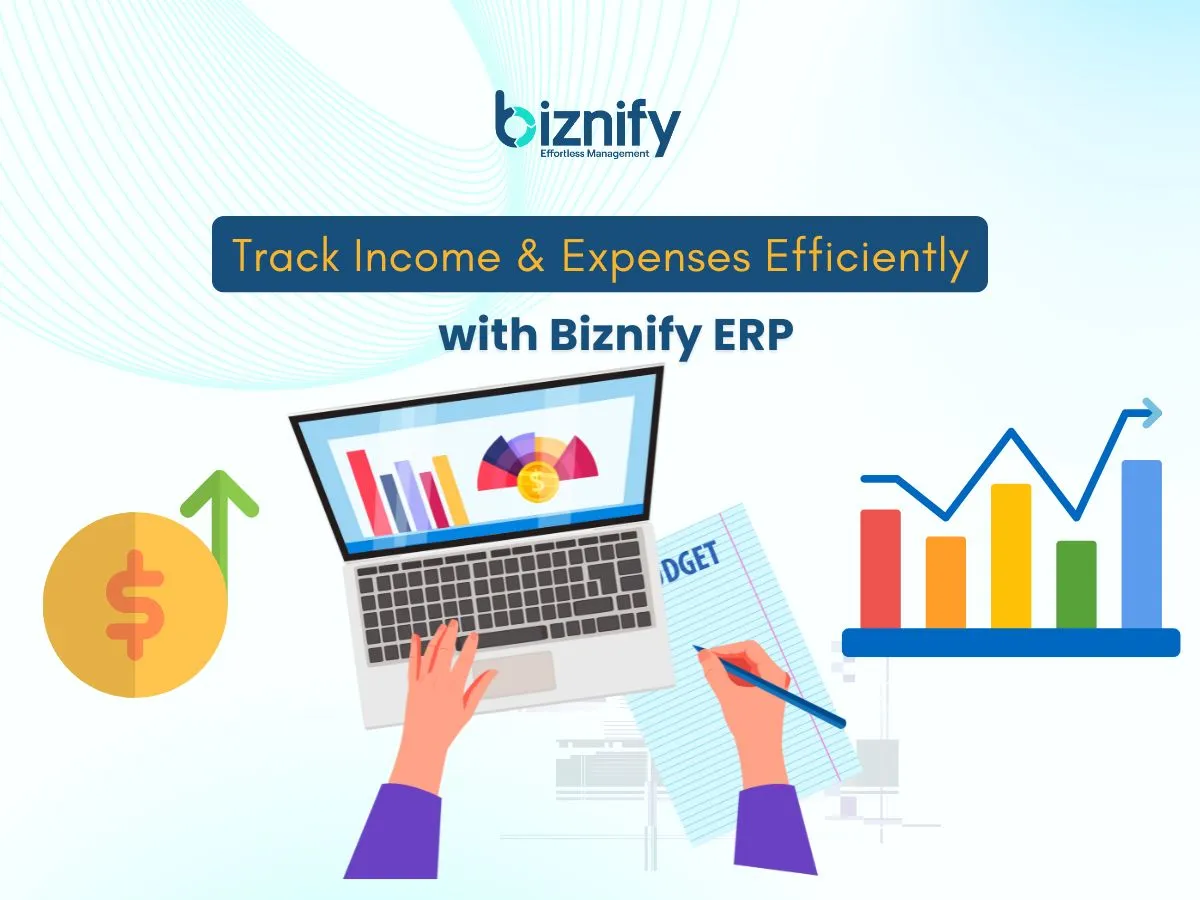
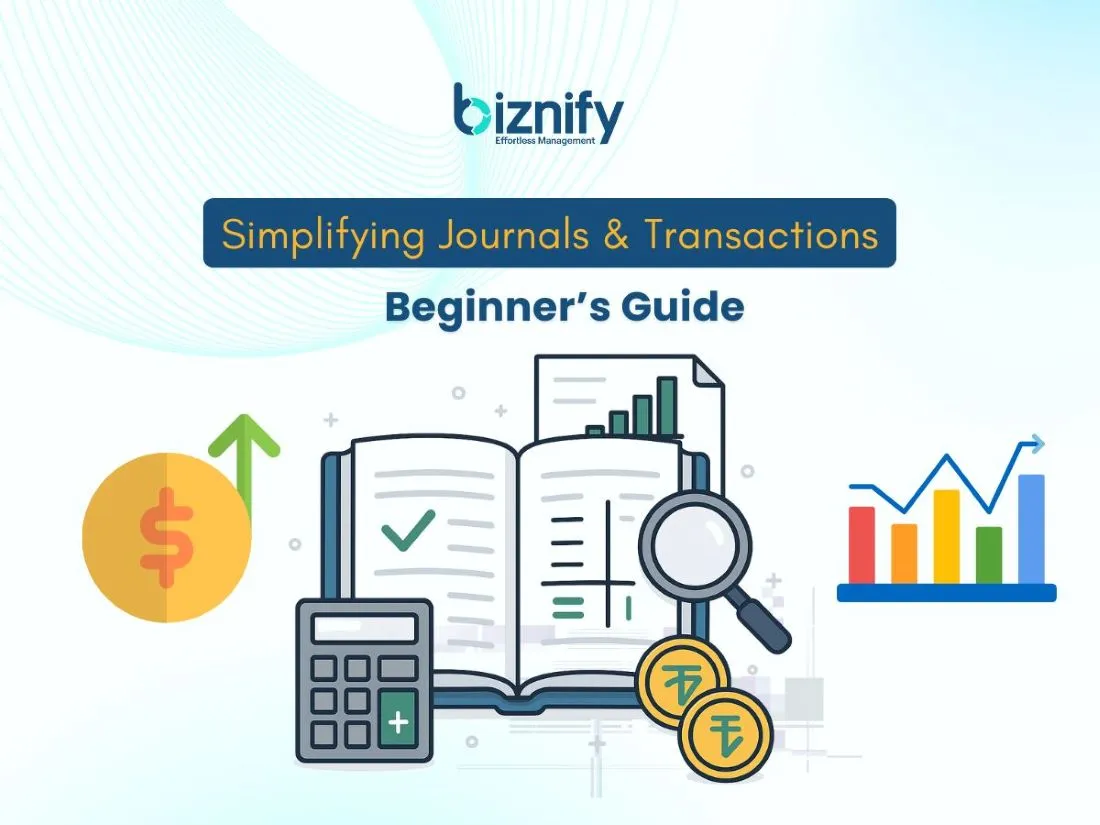
Just exploring ERP or unsure which modules you need? The Biznify team’s here with straight answers.